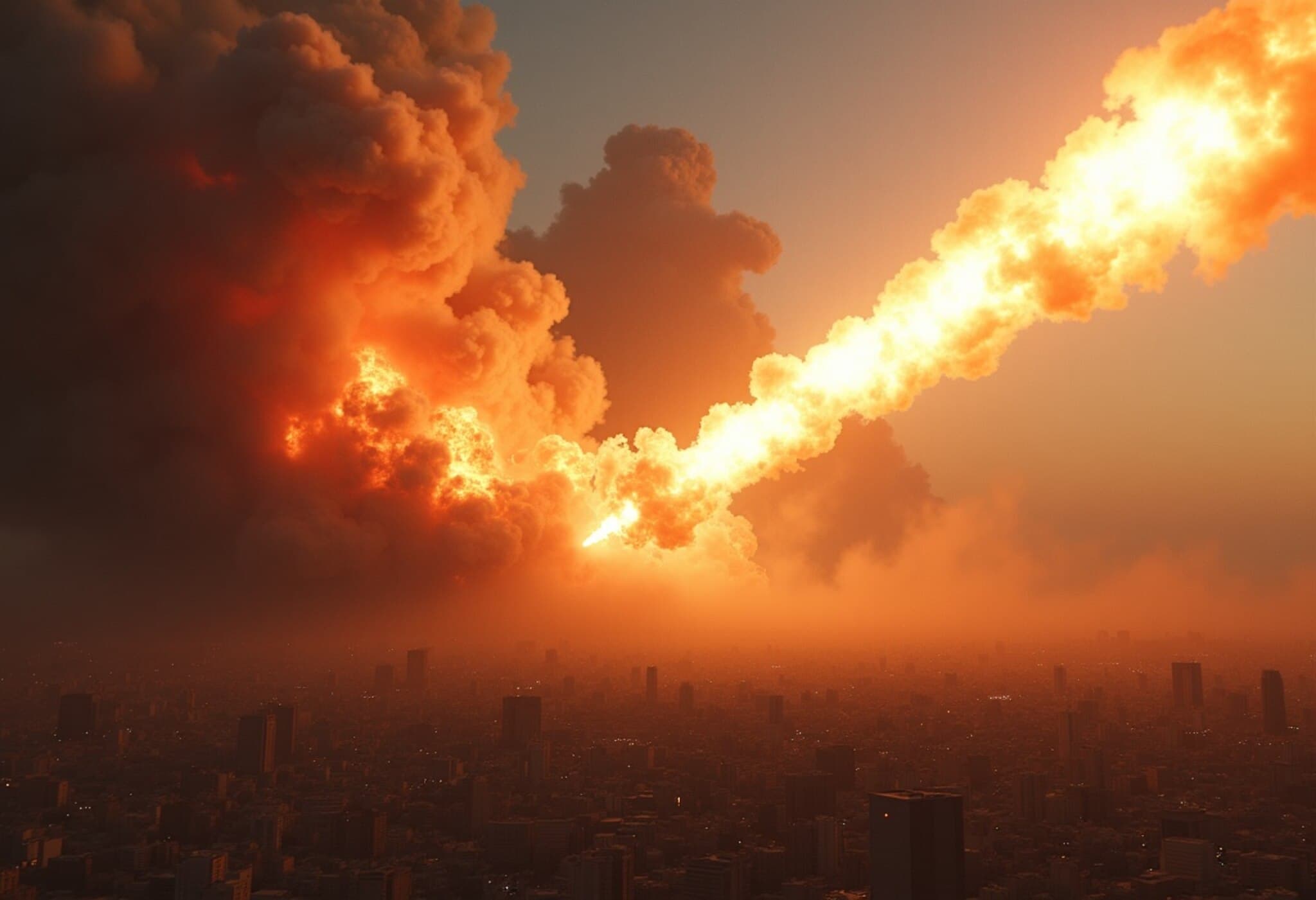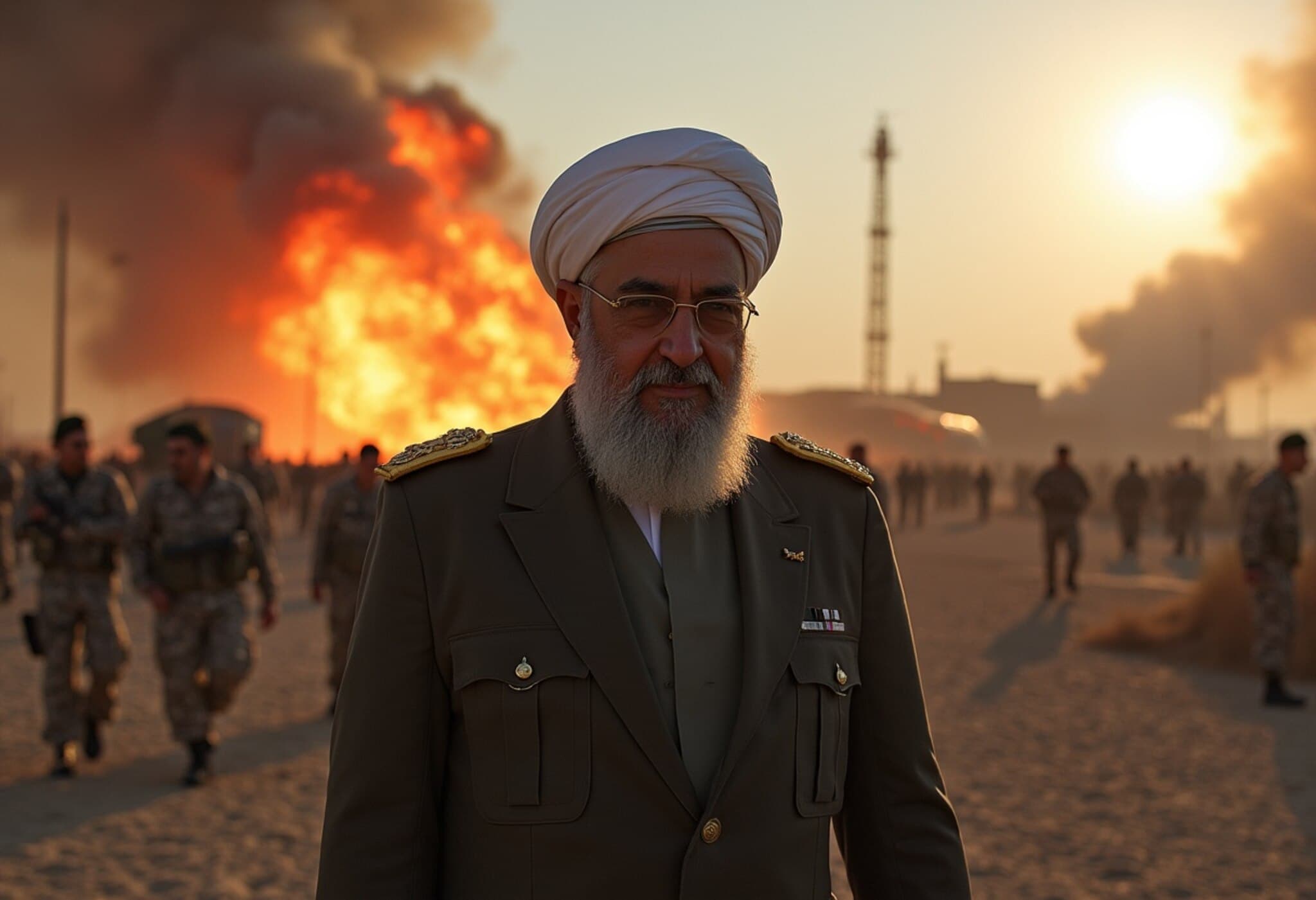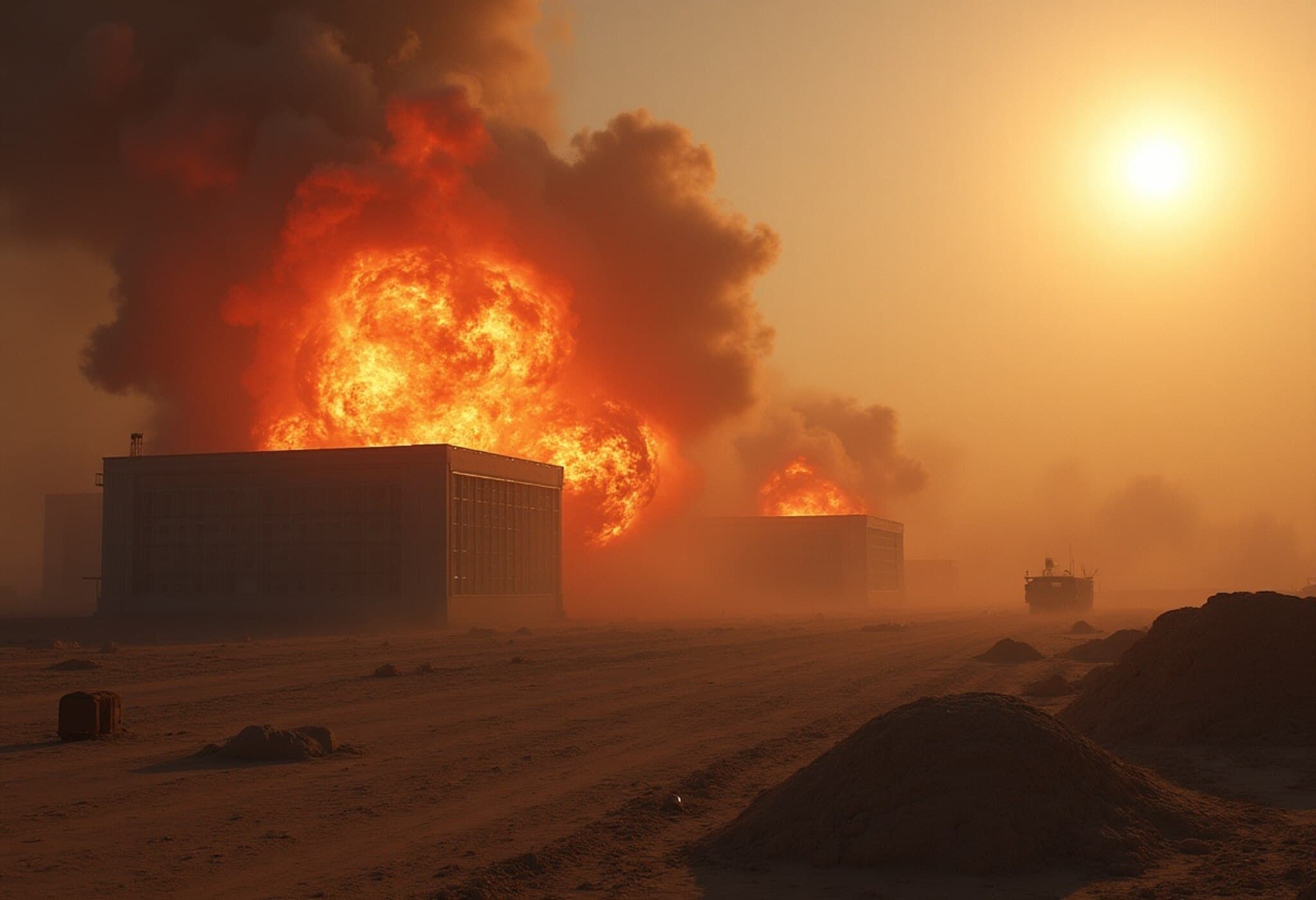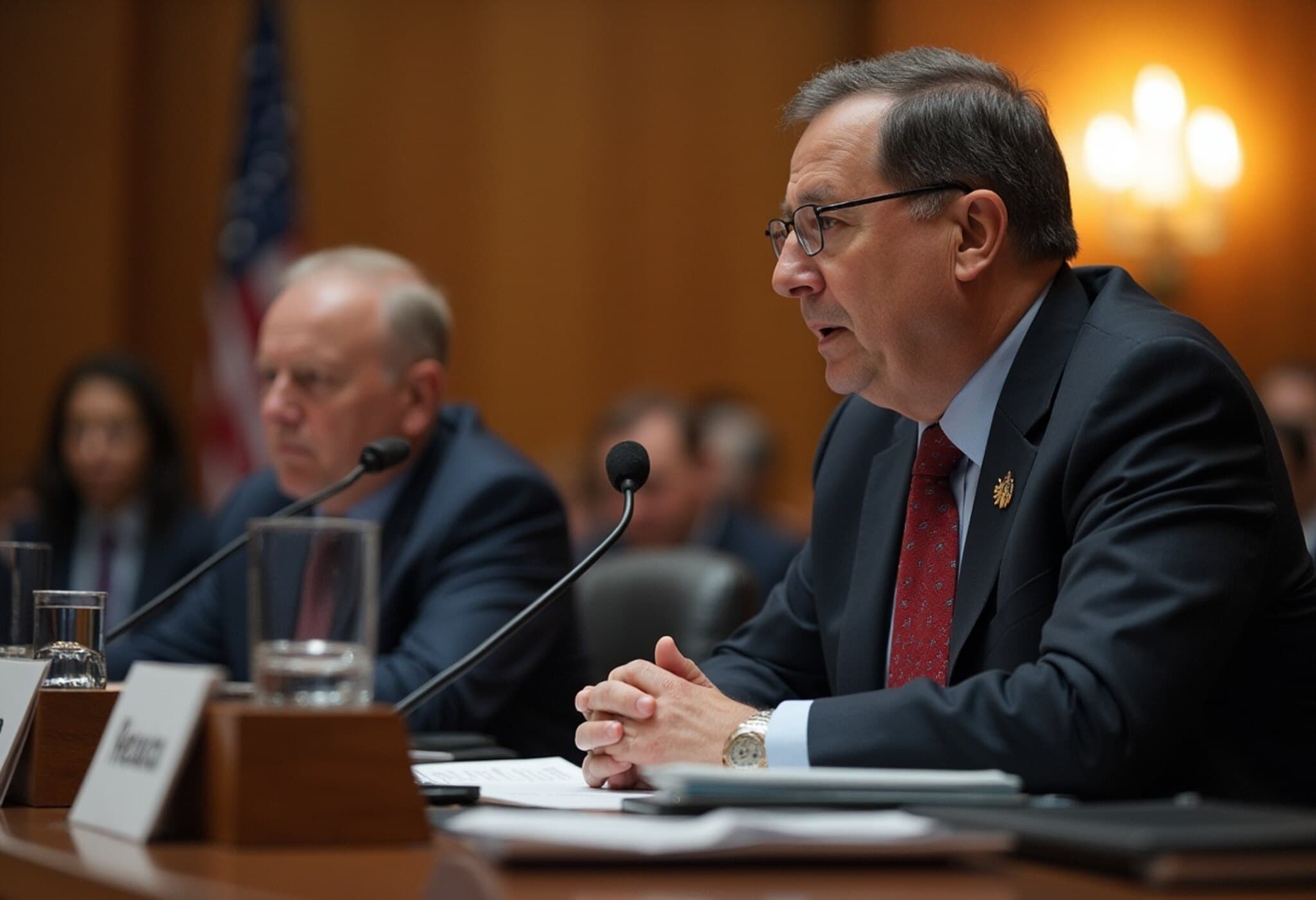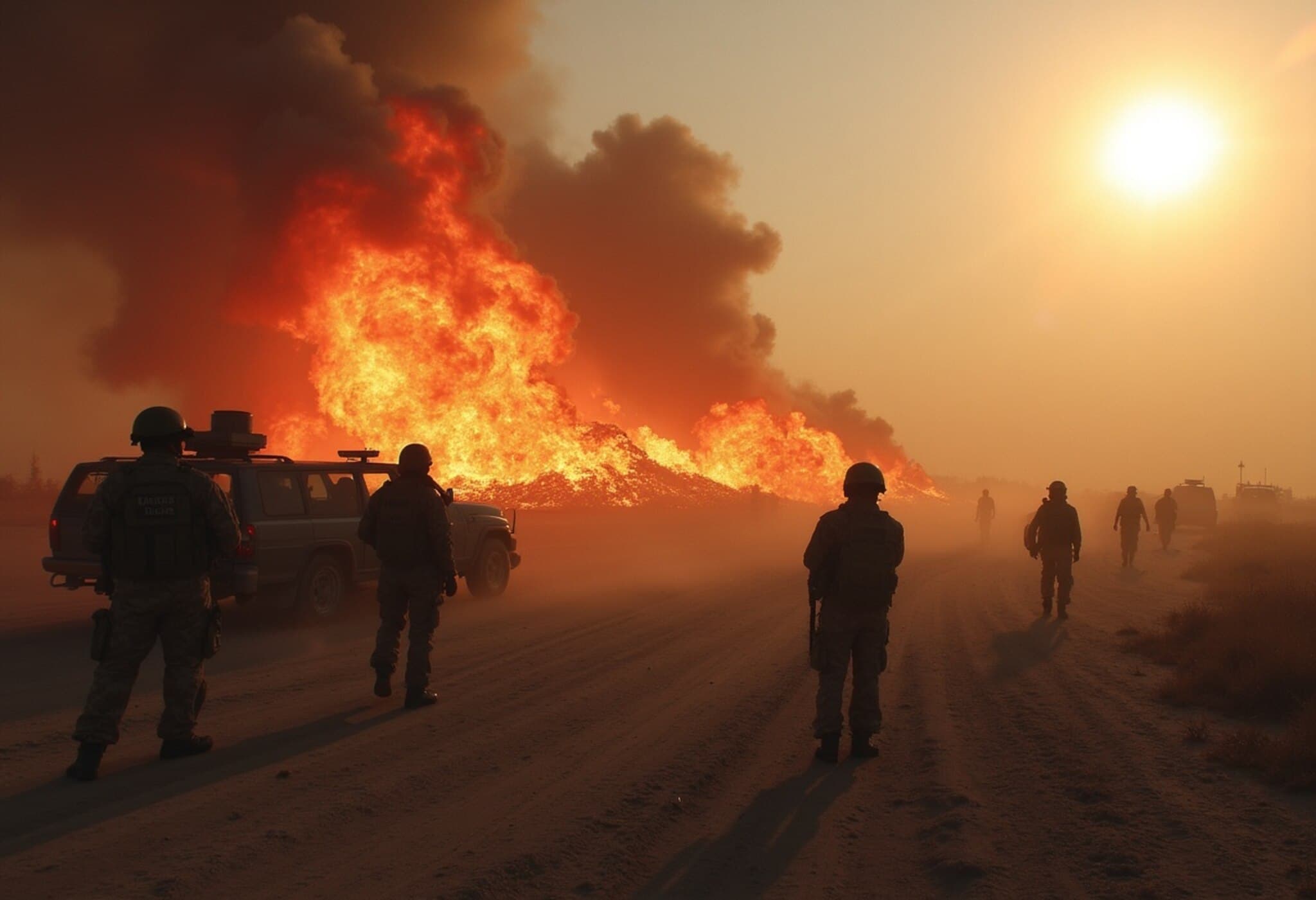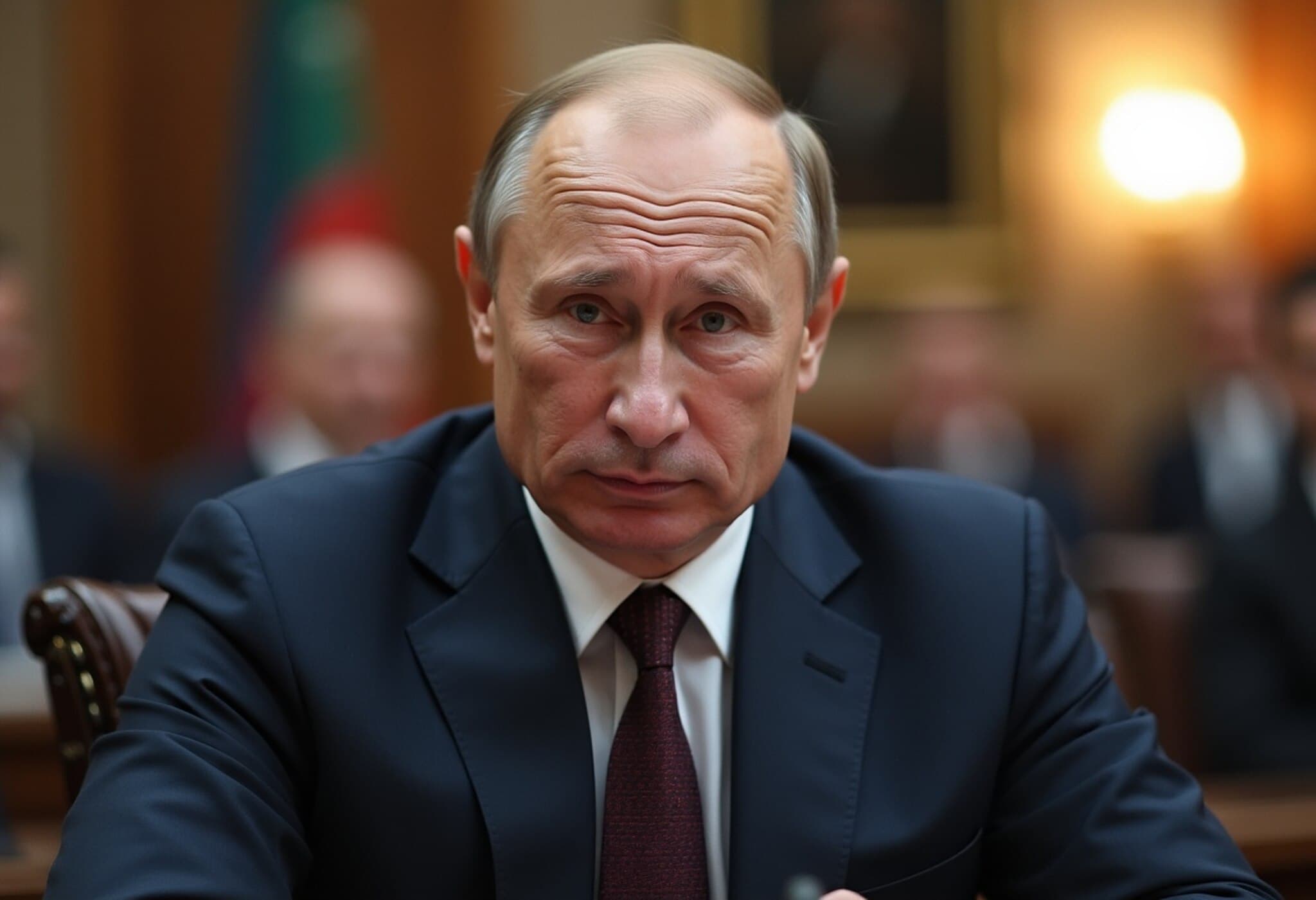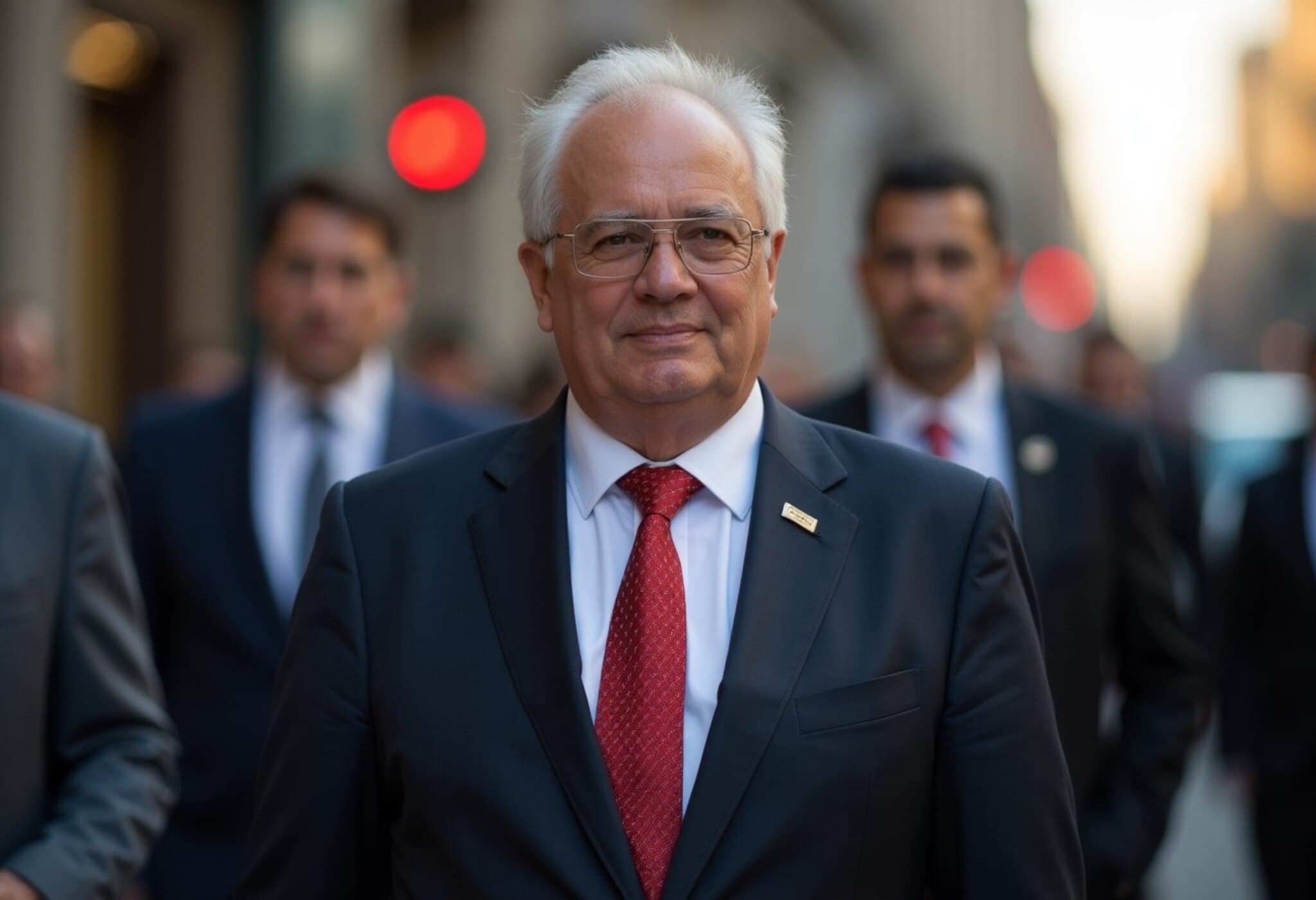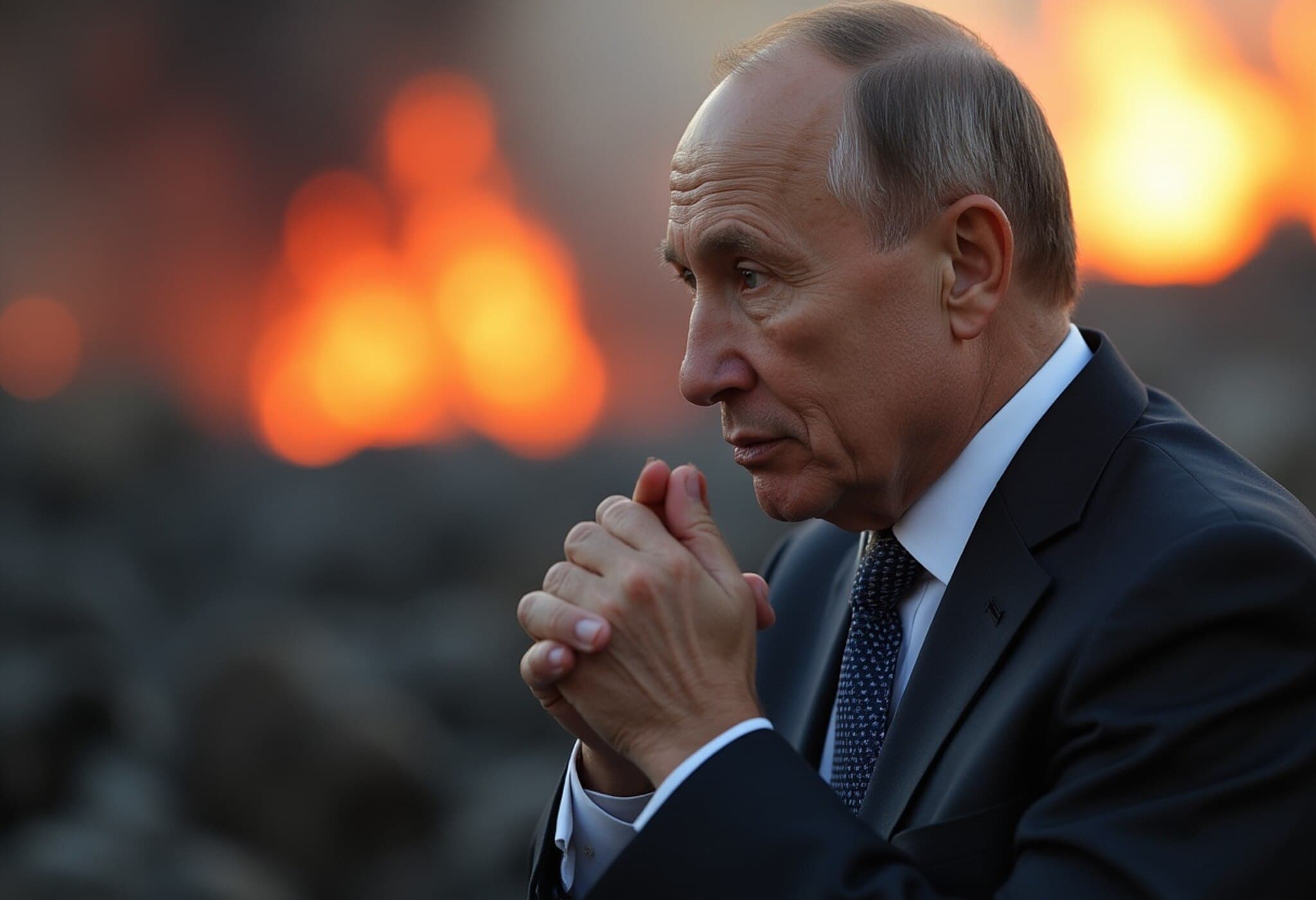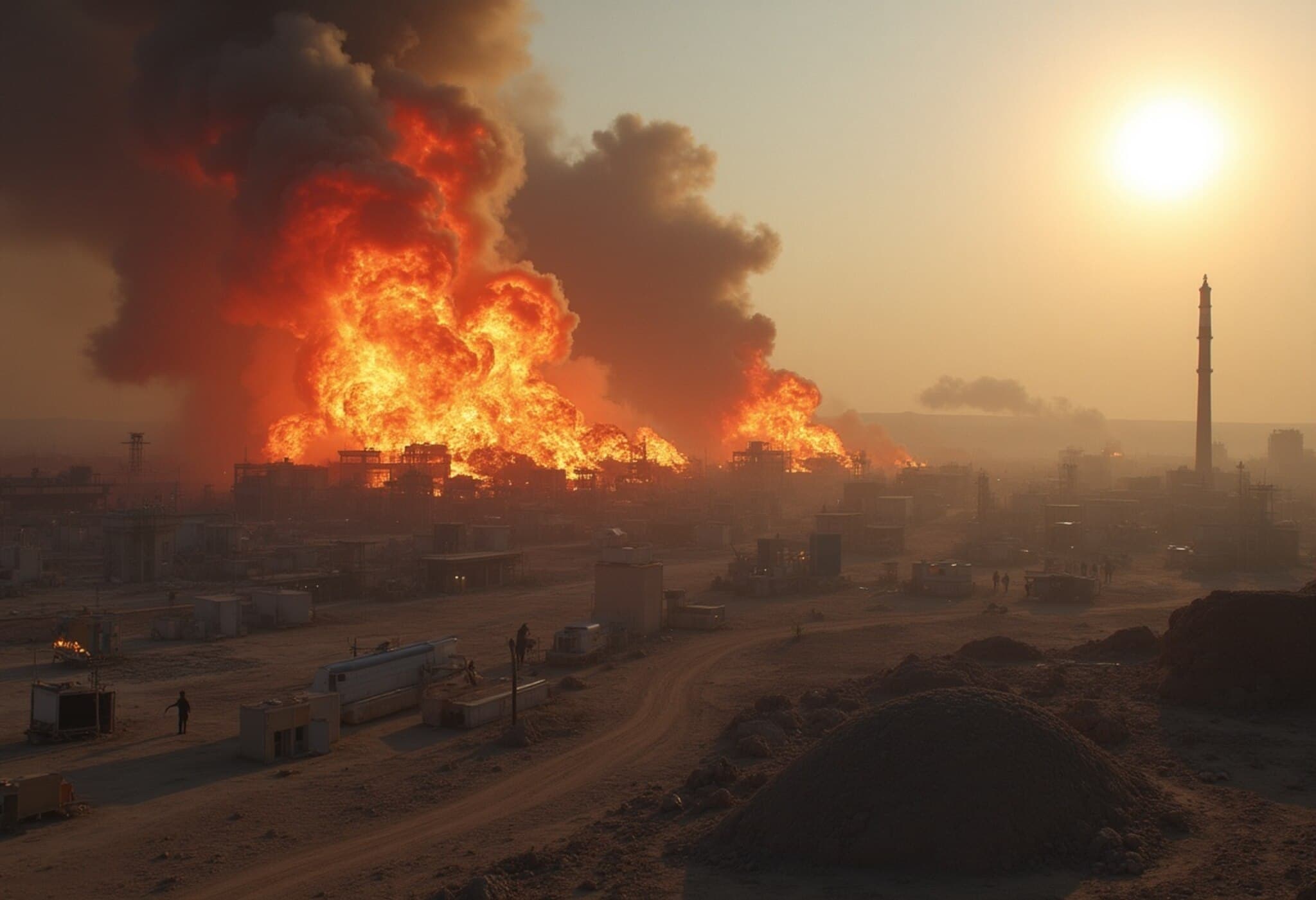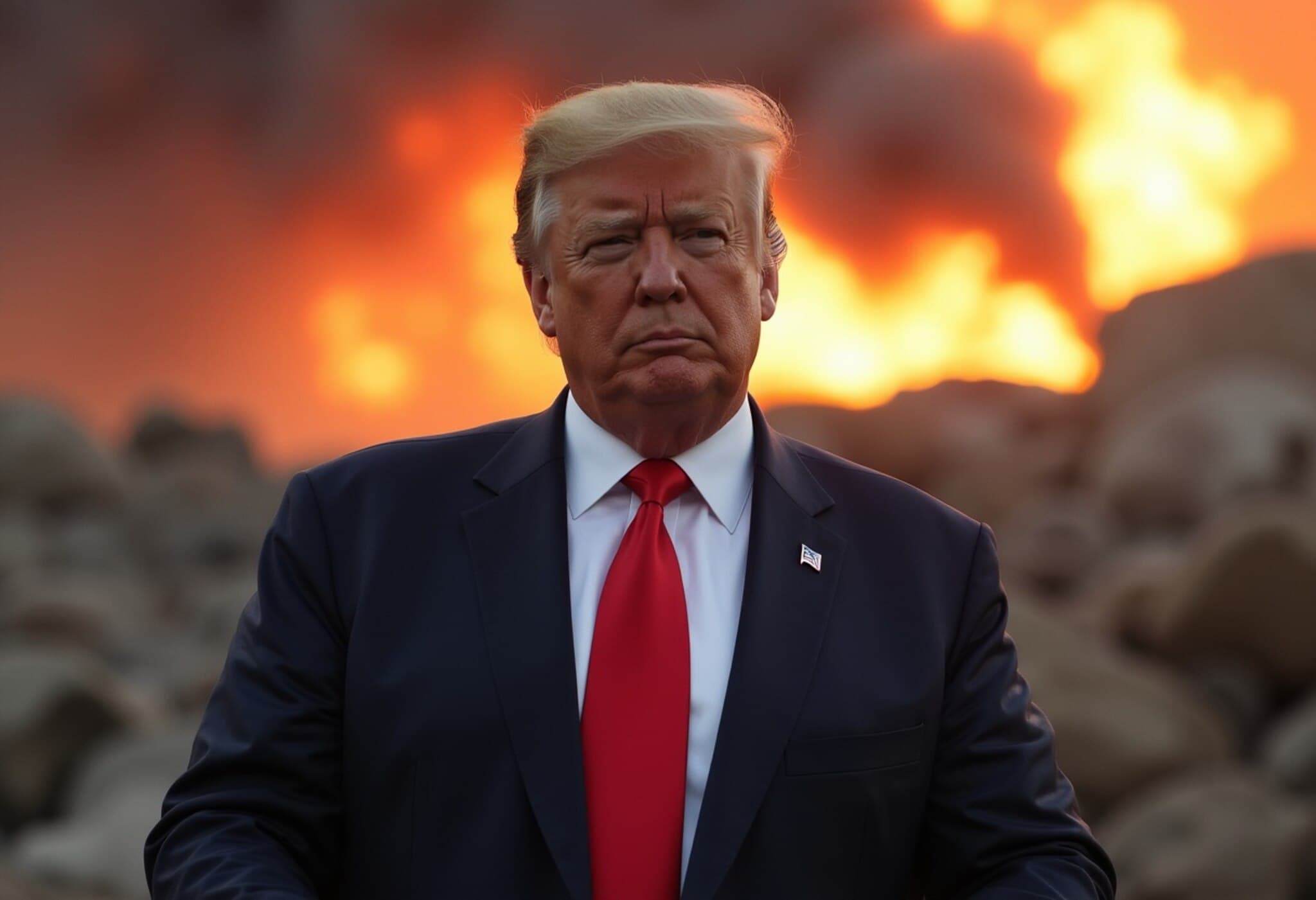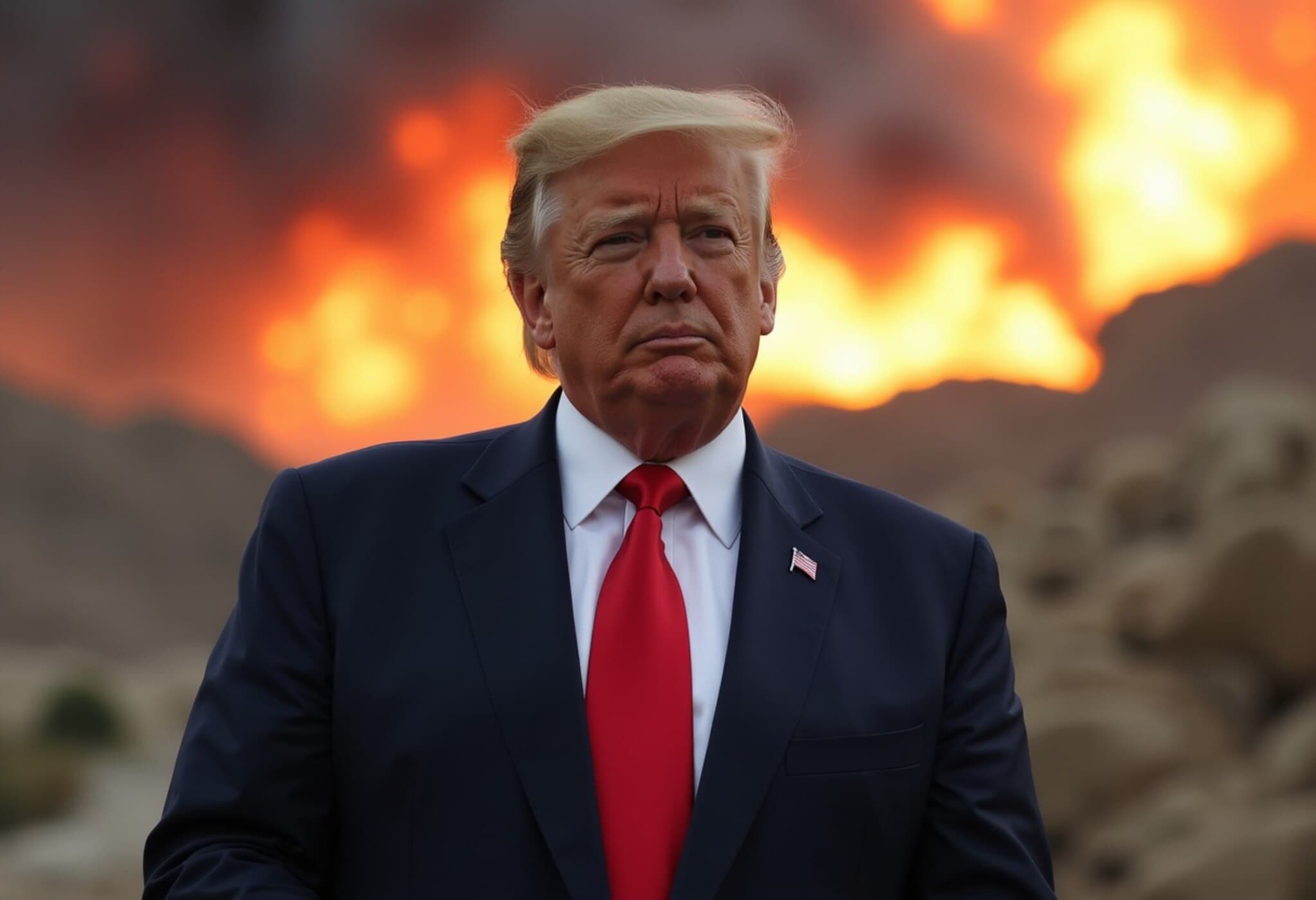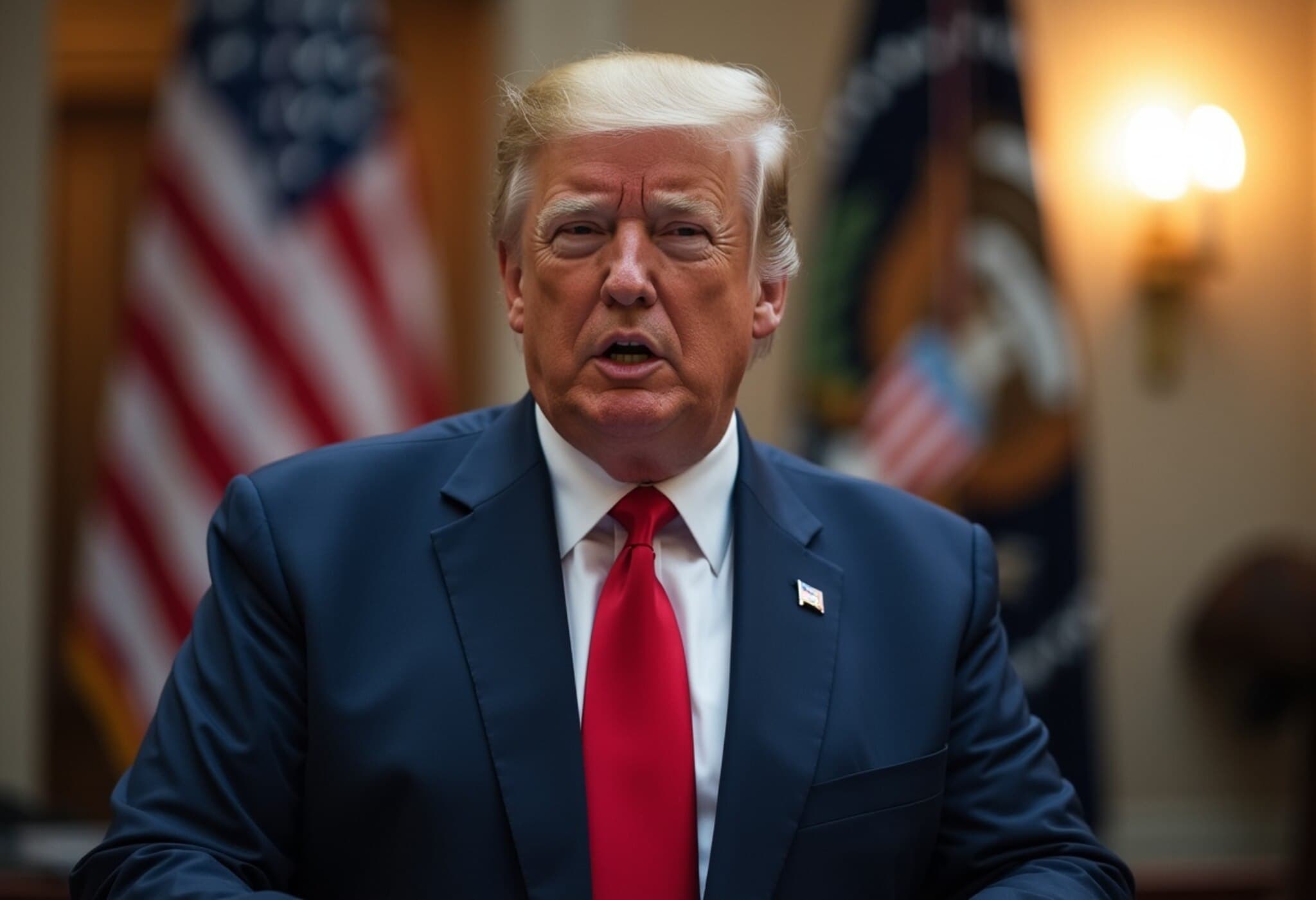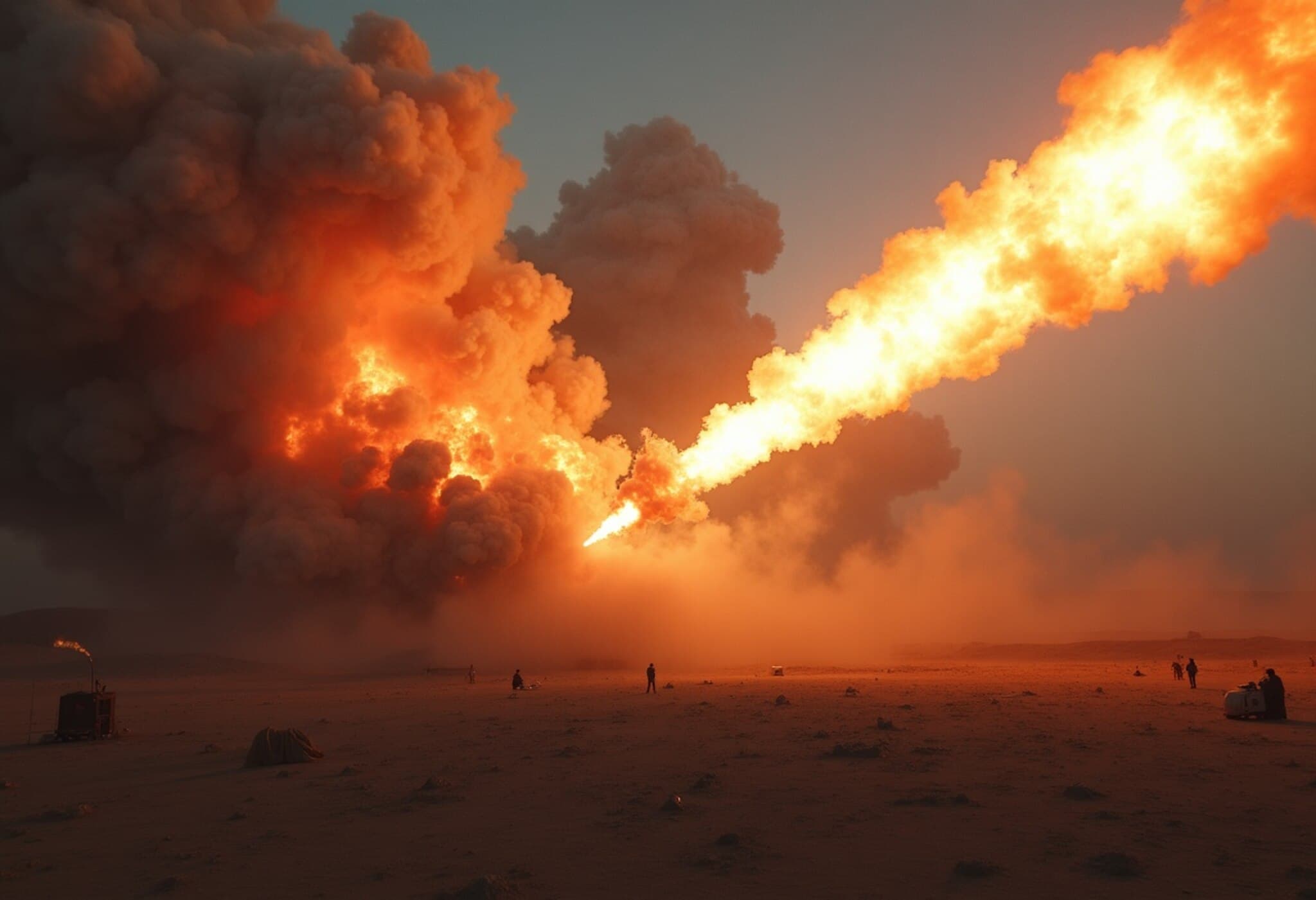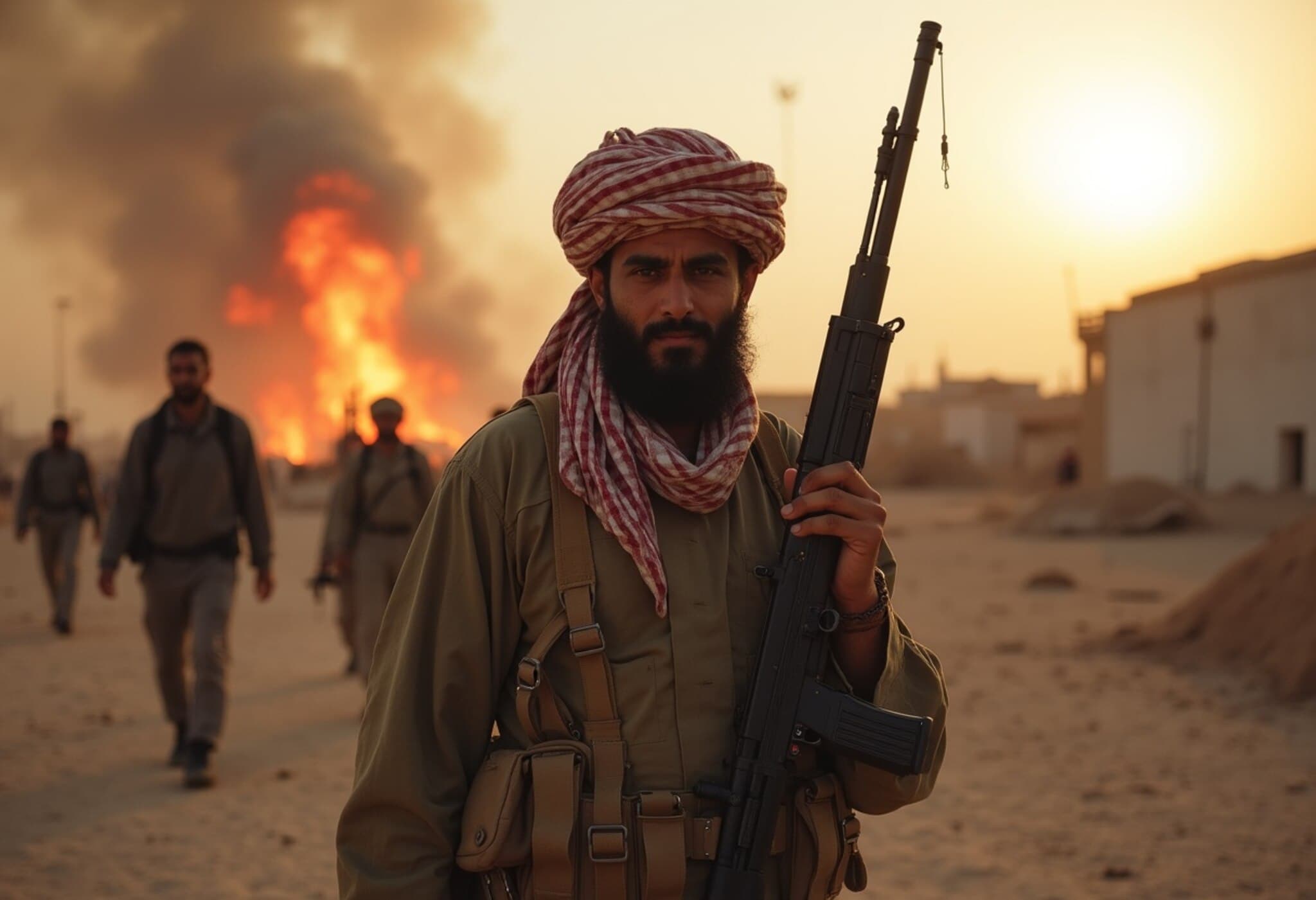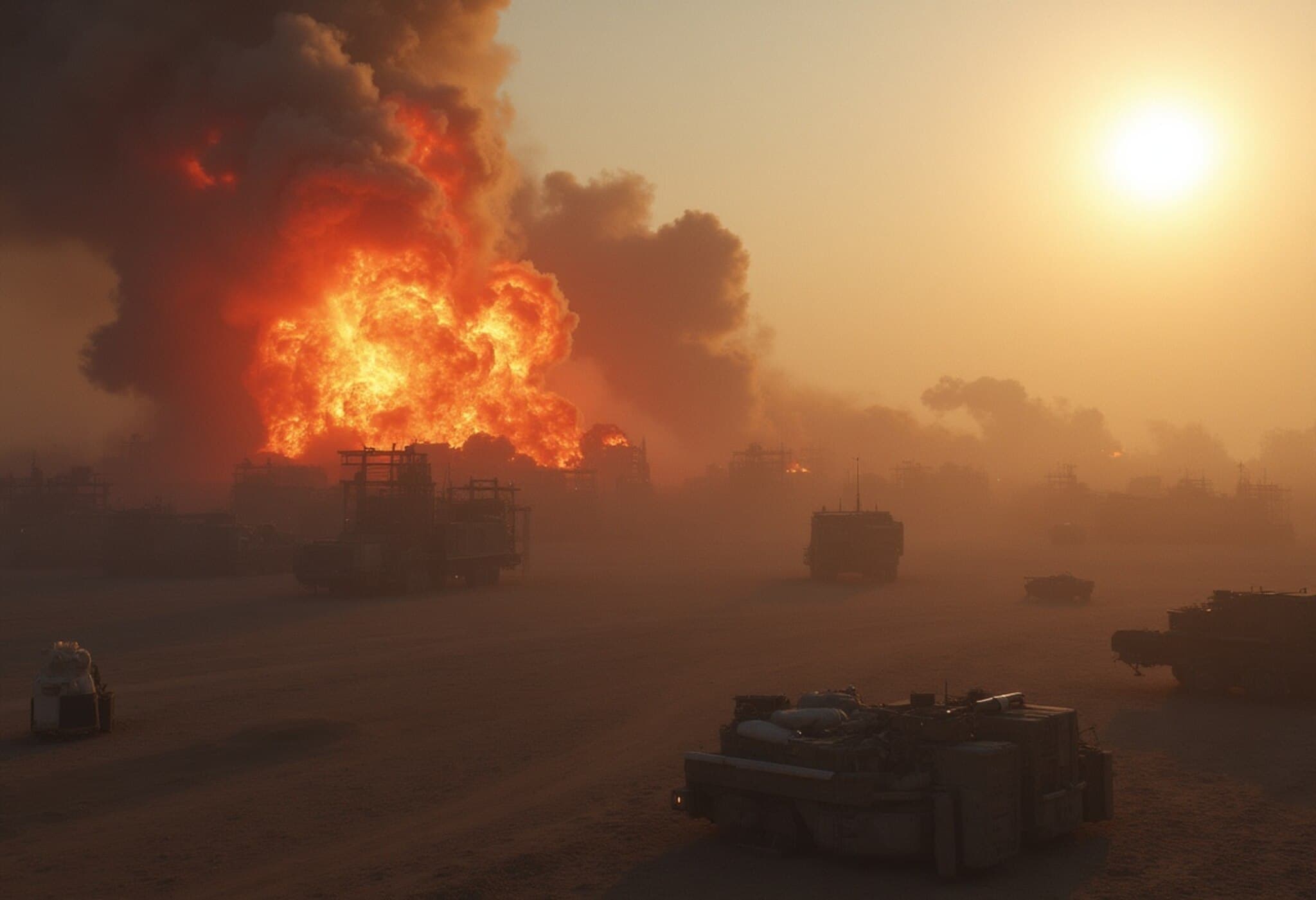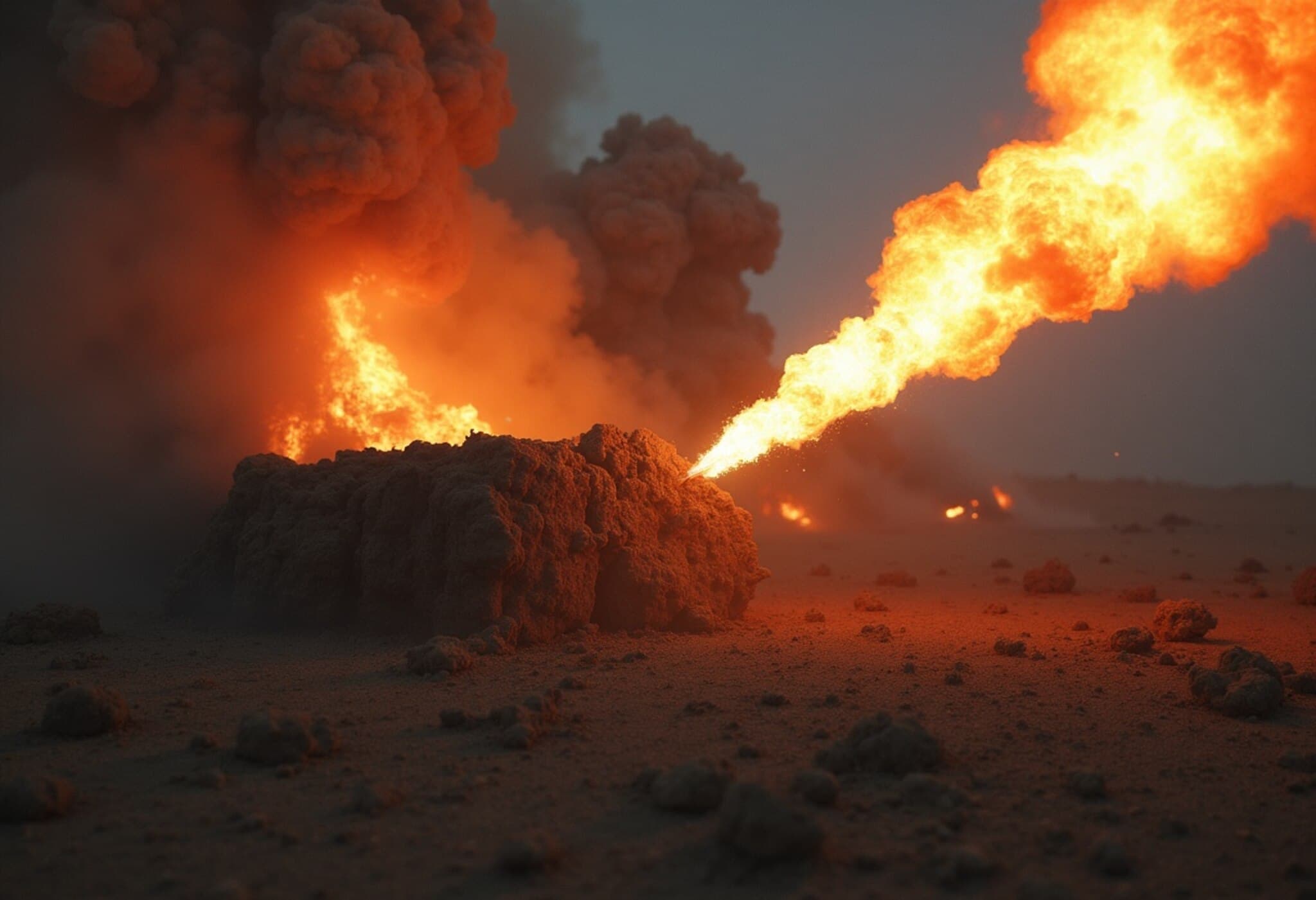Ceasefire Brings Tentative End to Turbulent Israel-Iran Conflict
The recent ceasefire concluded a tense 12-day confrontation between Israel and Iran that rattled the Middle East and sparked fears of a wider global conflict. The situation intensified notably when the United States launched Operation Midnight Hammer, bombing three Iranian nuclear sites. Despite Iranian missile strikes on Israeli cities shortly before the truce, these appeared more like a final show of defiance than a shift toward escalation.
Rapid Escalation and Sudden De-escalation
In an unexpected turn, the conflict dynamics shifted dramatically in the days leading up to the ceasefire. Official statements had hinted that the US might intervene within weeks, but just days later, US B-2 bombers targeted critical Iranian nuclear facilities. This action stirred anxieties globally, especially after Iran retaliated by attacking the US Al Udeid Air Base in Qatar. Shortly thereafter, an agreement to cease hostilities between Tel Aviv and Tehran was announced, surprising many observers and averting an expanded war.
All Sides Claim Victory: What Each Player Gained
Interestingly, the ceasefire allowed all three principal actors—the US, Israel, and Iran—to declare some form of victory, each crafting narratives to bolster domestic morale and international standing.
United States: Demonstrating Power While Avoiding Protracted War
- The US showcased its military capability by severely damaging Iran's nuclear sites, with claims of these facilities being "completely and totally obliterated."
- The administration portrayed itself as resolute yet measured, choosing not to retaliate after Iran’s strike on the Qatar base, thanks in part to an advance warning Tehran provided.
- President Donald Trump positioned the US as a peacemaker, emphasizing no American casualties and signaling hope for reduced hostilities henceforth.
- This approach allowed Washington to avoid entanglement in a prolonged regional conflict while reinforcing its alliance with Israel.
Israel: Securing Air Superiority and Strategic Wins
- Before US involvement, Israel had already inflicted significant damage on Iranian nuclear and military assets, including the elimination of key commanders within Iran’s Revolutionary Guard.
- The joint US-Israeli action reaffirmed Israel's regional dominance and underscored their military partnership.
- With elections approaching, Prime Minister Benjamin Netanyahu benefited from the perception of strength and successful defense against Iranian threats.
Iran: Balancing Resistance with Strategic Restraint
- Iran faced a delicate balancing act: responding to attacks without provoking an uncontrollable spiral of violence.
- The missile strikes on the US base in Qatar—carefully preceded by warnings—were calculated to demonstrate resolve without inflicting casualties, thereby avoiding harsher US retaliation.
- Continued missile launches against Israel until minutes before ceasefire underscored Tehran's defiant image domestically and regionally.
- Tehran retained the narrative of standing firm against a global superpower, reinforcing its message of resistance.
Fragile Peace, Lingering Questions
While the ceasefire offers a much-needed pause, the stability remains uncertain. There are conflicting reports over the extent of damage to Iran’s nuclear infrastructure, and major powers remain unsure about the status of Iran’s uranium reserves. The conflict has arguably strengthened Tehran's resolve to enhance its nuclear program, setting the stage for further tensions.
For now, global powers hope diplomacy can prevent future violence. However, the delicate balance achieved hinges on the willingness of all sides to return to negotiations and avoid reigniting this volatile conflict.



